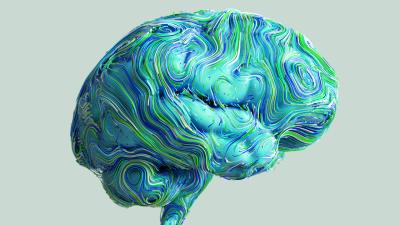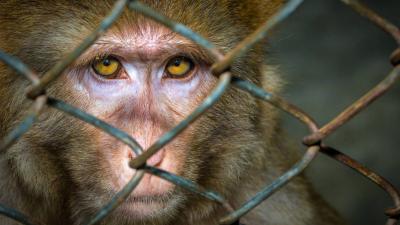Honoring Dr. Jane Goodall: A Voice for Animals in Captivity and Beyond

Her legacy is one of compassion, courage, and scientific integrity—a legacy that continues to inspire people worldwide to rethink how we treat animals in laboratories, in our food systems, and in nature.
Jane Goodall’s groundbreaking work with chimpanzees in the wild has forever changed how we think about animals. Her decades-long research not only reshaped our understanding of nonhuman primates but also sparked a broader conversation about the moral treatment of all animals.
In the 1960s, Goodall’s observations of chimpanzees revealed that these animals, like humans, have distinct personalities, form intricate social bonds, and experience a range of emotions. Her insights shattered long-held beliefs about animal intelligence and behavior, leading to a revolution in how nonhuman animals are viewed. Far from being passive subjects in the natural world, animals, Goodall showed us, are complex, sentient beings deserving of respect.
These discoveries became a powerful argument against animal experimentation, showing that animals subjected to research suffer not only physically but also emotionally. Goodall used her platform to call for a transition toward humane, human-relevant methods in research.
This shift in perspective extended beyond her work with chimpanzees. As Goodall’s career progressed, she became a passionate advocate for global conservation, focusing on the preservation of habitats and the ethical treatment of animals everywhere. Through the Jane Goodall Institute, she championed projects that protected wildlife, restored ecosystems, and raised awareness about the threats animals face—from habitat destruction to poaching.
One of Goodall’s most enduring messages is the importance of empathy. She believed that true progress comes when the world is seen through the eyes of others, be they human or animal. For her, understanding that animals are sentient beings with needs and desires should guide our actions toward them. Her work encourages us to recognize that the fate of animals is intertwined with our own, and that the choices we make—whether in conservation, agriculture, or policy—should reflect a deep respect for life.
As we contemplate Jane Goodall’s extraordinary life, we are reminded that her legacy is not just about science, but also about ethics. It’s about recognizing that all animals, regardless of species, deserve to live in a world where their rights are respected and their well-being is protected. This legacy continues to guide and inspire a global movement dedicated to creating a more compassionate and sustainable future for all living beings.
We carry her legacy forward by leading the shift toward humane, human-relevant science and choosing compassionate products in our everyday lives, from the products we buy to the meals we eat.







